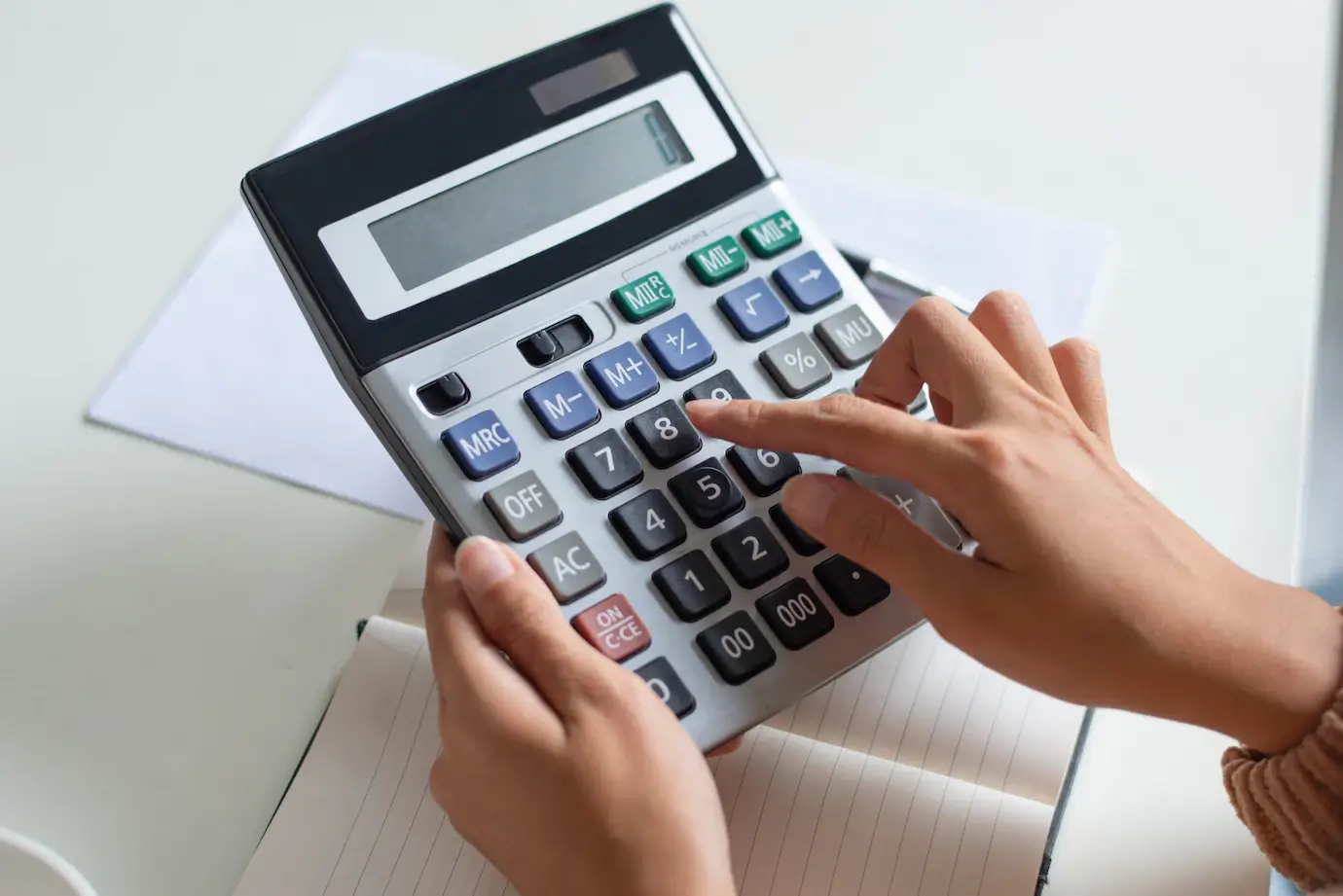When you sell property that has been depreciated, you may be required to pay depreciation recapture rental property tax. This tax is a percentage of the gain on the sale of the property, and it is designed to prevent taxpayers from taking excessive deductions for depreciation expenses.
In this blog post, we will discuss all aspects of depreciation recapture tax, including what it is, how to calculate it, and when it applies. We will also provide some tips on how to reduce or avoid this tax altogether.
What is Ordinary Recapture?
Ordinary recapture is the portion of the gain that is subject to ordinary income tax rates. This includes any gain that exceeds the depreciation deductions taken on the property. The ordinary recapture rate is 25%.
What is Unrecaptured Section 1250 Gain?
Unrecaptured section 1250 gain is the portion of the gain that is subject to capital gains tax rates. This is the difference between the property’s selling price and its adjusted basis, minus any depreciation deductions taken. The unrecaptured section 1250 gain rate is 15%.
How to Calculate Depreciation Recapture Tax
To calculate depreciation recapture tax, you will need to determine your gain on the sale of the property. This is the selling price minus the adjusted basis. The adjusted basis is the original cost of the property, plus any improvements made, minus any depreciation deductions taken.
Once you have determined your gain, you will need to multiply it by the appropriate recapture rate. For example, if you have a gain of $50,000 and your recapture rate is 25%, your depreciation recapture tax would be $12,500.
You will then need to add the depreciation recapture tax to any other taxes that are due on the sale of the property, such as capital gains tax.
When Does Depreciation Recapture Apply?
Depreciation recapture only applies when you sell property that has been depreciated. This includes both real and personal property, such as buildings, vehicles, machinery, and equipment. It does not apply to land or other property that cannot be depreciated.
There are two situations in which depreciation recapture may apply:
- If you sell the property for more than its adjusted basis, you will owe depreciation recapture tax on the gain.
- If you exchange the property for other property of equal or greater value, you may be subject to depreciation recapture tax if the new property is not similar enough in use or location to the old property.
Depreciation Recapture Example
Let’s say you purchased a rental property for $100,000 and took $20,000 in depreciation deductions over the course of five years. This means your adjusted basis is $80,000. If you sell the property for $120,000, you will have a gain of $40,000.
Since your recapture rate is 25%, you will owe $12,500 in depreciation recapture tax. This is in addition to any other taxes that may be due on the sale of the property, such as capital gains tax.
Another example of the sale of rental property depreciation recapture is when an owner sells a rental house that was purchased ten years ago for $100,000. The adjusted basis of the property is its original purchase price minus any depreciation deductions taken over the years.
If the owner sold the property for $200,000, they would have a gain of $100,000. They would owe 25% ordinary recapture tax on the first $25,000 of that gain, or $625. They would also owe 15% unrecaptured section 1250 gain tax on the remaining $75,000 of the gain, or $11,250.
The total depreciation recapture tax due would be $12,875. This is in addition to any other taxes that may be due on the sale of the property, such as capital gains tax.
How to Reduce or Avoid Depreciation Recapture Tax
There are a few ways that you can reduce or avoid depreciation recapture tax:
- Sell the property for less than its adjusted basis. This will result in a capital loss, which can offset other capital gains.
- Exchange the property for other property of equal or greater value that is similar enough in use or location. This is called a like-kind exchange, and it can be used to defer depreciation recapture tax until you sell the new property.
- Install the property in a qualified conservation easement. This will allow you to take a deduction for the value of the easement, which can offset the gain on the sale of the property.
These are just a few of the ways that you can reduce or avoid depreciation recapture tax.

